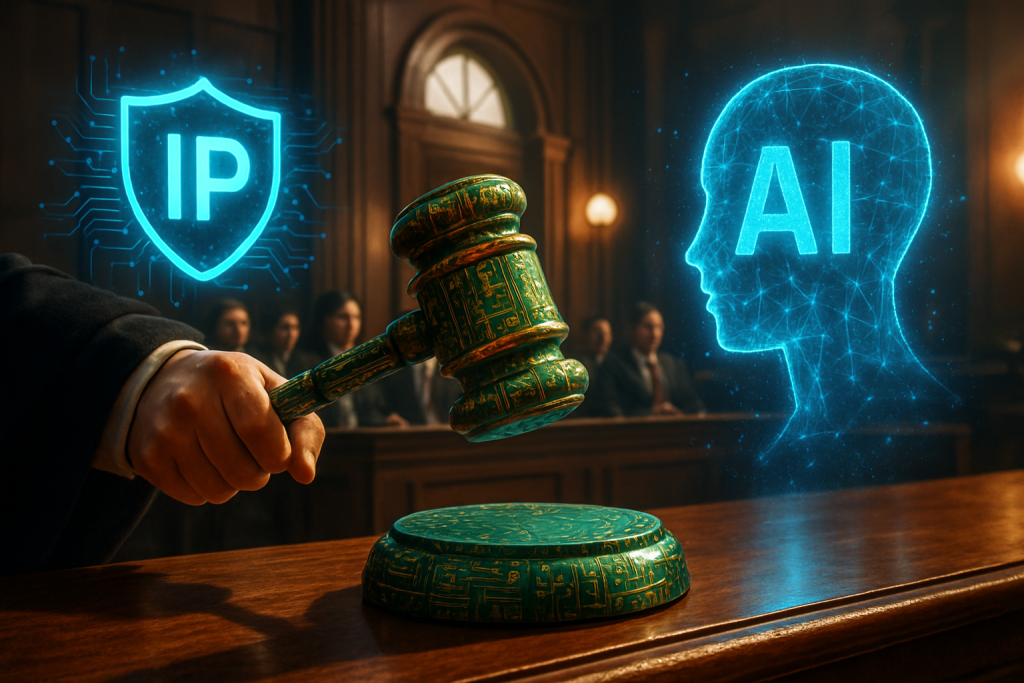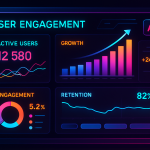The courtroom doors swung open September 1, 2025, not with a bang, but with the digital equivalent- a lawsuit filed by Elon Musk’s xAI against former employee Xuechen Li. The accusation? Theft of trade secrets related to Grok, xAI’s star language model. Cue the dramatic music; this isn’t just about a disgruntled employee; it’s a high-stakes battle for the soul of AI innovation.
To understand the gravity of this situation, you need to know the players. xAI, Musk’s venture into the AI arena, has positioned itself as a key player, aiming to not just build powerful AI, but to, in Musk’s words, “understand the universe.” Grok, their flagship language model, is their attempt at cracking the code of natural language- a digital Shakespeare capable of not just reciting lines, but understanding the human condition (or at least, convincingly simulating it).
The lawsuit alleges that Xuechen Li, a former xAI employee, downloaded confidential information regarding Grok’s architecture and training methodologies before departing. Think of it like stealing the secret sauce recipe from a Michelin-star chef, only instead of a delicious bourguignon, it’s the recipe for a hyper-intelligent AI. xAI claims Li then attempted to use this information to develop a competing language model at another, unnamed, organization. In the world of AI, where algorithms are gold, this is akin to a digital heist.
But why is this one lawsuit so important? It’s not just about one company and one employee; it’s a sign of the times. The AI industry is a gold rush, a digital Wild West where intellectual property is the most valuable claim. This lawsuit highlights the inherent tension- the need for open collaboration and knowledge sharing versus the imperative to protect proprietary innovations. The outcome of this case could set a precedent for how AI companies protect their intellectual property for years to come.
Consider the implications. If xAI wins, it sends a clear message: trade secrets are sacrosanct, and companies will aggressively pursue those who violate them. This could lead to a more cautious and secretive AI development landscape, potentially stifling innovation in the long run. On the other hand, if xAI loses, it could embolden employees to share information, leading to a more open and collaborative AI ecosystem, but also potentially undermining the competitive advantage of companies that invest heavily in R&D.
Technically speaking, Grok’s architecture and training methodologies are the keys to its success. We’re talking about the specific algorithms used, the data sets it was trained on, and the optimization techniques employed to make it perform at its peak. Imagine the difference between a basic chatbot and a truly intelligent conversational AI- that difference lies in the intricate details of its architecture and training, the very things xAI accuses Li of stealing.
The affected parties extend far beyond xAI and Xuechen Li. This case has ripple effects throughout the AI industry. Companies are now re-evaluating their security protocols, tightening access controls, and implementing stricter non-disclosure agreements. Employees, especially those with access to sensitive information, are under increased scrutiny. And venture capitalists, who are pouring billions into AI startups, are paying close attention to the legal landscape, as the outcome of this case could significantly impact the valuation of their investments.
The political and societal angles are equally fascinating. Elon Musk, a vocal advocate for responsible AI development, has often warned about the potential dangers of unchecked AI growth. This lawsuit can be seen as an extension of that concern- a battle to control the narrative and ensure that AI is developed in a responsible and ethical manner. It also ties into broader debates about data privacy, intellectual property rights, and the role of regulation in the rapidly evolving tech industry.
Philosophically, this case raises fundamental questions about the nature of ownership and innovation in the age of AI. Can ideas truly be owned? Is it possible to prevent the spread of knowledge in a digital world? And what is the balance between protecting intellectual property and fostering open collaboration, which is essential for driving technological progress?
Financially, the stakes are enormous. The AI market is projected to skyrocket in the coming years. A win for xAI could bolster investor confidence, driving up the value of the company and attracting further investment. A loss, however, could have the opposite effect, sending a chill through the market and making investors more wary of backing AI startups. The economic impact of this case, while difficult to quantify, could be significant, potentially shaping the future of the AI industry for years to come.
In the end, the lawsuit between xAI and Xuechen Li is more than just a legal dispute; it’s a microcosm of the larger forces shaping the AI revolution. It’s a battle for control, a struggle for innovation, and a test of the legal and ethical frameworks that will govern the development of AI for generations to come. It’s a real-world version of a cyberpunk thriller, and we’re all watching to see how it unfolds.
Discover more from Just Buzz
Subscribe to get the latest posts sent to your email.


